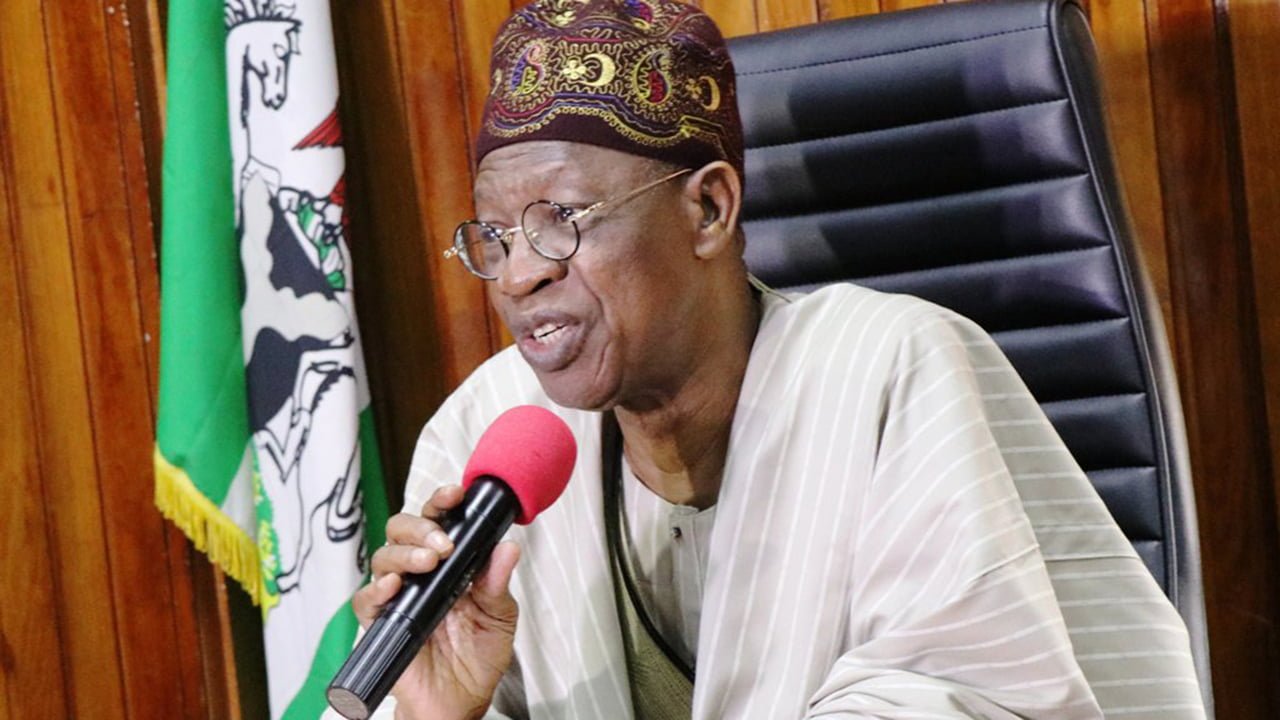Lai Mohammed To Hospitality Sector: Leverage Industry Data, Trends For Competitiveness
Alhaji Lai Mohammed, Special Advisor to the Secretary-General of the United Nations World Tourism Organization (UNWTO), has urged stakeholders in the hospitality industry to harness industry data and trends to maintain a competitive edge. He made the appeal while speaking as the Special Guest of Honour at the 6th Hotel Managers Conference & Awards in […]

Alhaji Lai Mohammed, Special Advisor to the Secretary-General of the United Nations World Tourism Organization (UNWTO), has urged stakeholders in the hospitality industry to harness industry data and trends to maintain a competitive edge.
He made the appeal while speaking as the Special Guest of Honour at the 6th Hotel Managers Conference & Awards in Lagos, with the theme: “Innovative Strategies: Nurturing Resilience and Excellence in Guest Experience in African Hospitality.”
Mohammed, a former Minister of Information and Culture, emphasized the critical role of the hospitality sub-sector within the broader tourism industry.
He referenced the UNWTO definition of tourism, highlighting its social, cultural, and economic dimensions and the need for the hospitality sector to provide quality accommodations and services to tourists.
- Medical outreach: Church treats 300 inmates of custodial centre
- Building collapse: 58 students still hospitalised as Gov Mutfwang declares 3-day mourning
“The hospitality industry is prone to setbacks, whether it’s a sudden influx of guests, unexpected operational hurdles, or, as in the recent global pandemic, restrictions due to epidemics or natural disasters. Resilience involves responding positively to any setbacks and reframing them as opportunities for growth and excellence,” he said.
Mohammed underscored the importance of data in transforming guest experiences and improving service delivery.
While presenting data from the Yearbook of Tourism Statistics (2017-2021) to illustrate how understanding market trends can enhance the hospitality sector’s resilience and excellence, he said the top seven source markets for Nigeria in 2019 were the United States (157,123), Ghana (168,136), Cameroon (166, 904), United Kingdom (157, 123), China (151, 832), South Africa (69, 593), and India (90, 809).
He said part of the implication of this is that guests of Nigerian origin accounted for more arrivals than all top seven source markets combined.
Mohammed, who is also the Managing Partner of Bruit Costaud, a policy advisory firm, urged businesses to position themselves to better serve the Nigerian diaspora.
“How are you marketing or promoting your brands to attract more of them so they can enjoy your excellent services when they visit home?”, he asked.
Mohammed highlighted the underperformance in attracting visitors from the Caribbean and South America, despite historical connections.
“Imagine how appealing Nigerian festivals will be to our brothers from the Caribbean and South America who have a large population of people from African ancestry,” he noted.
